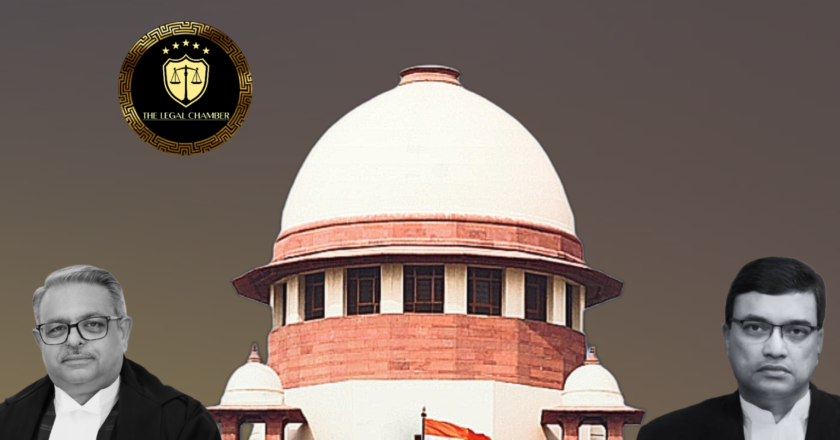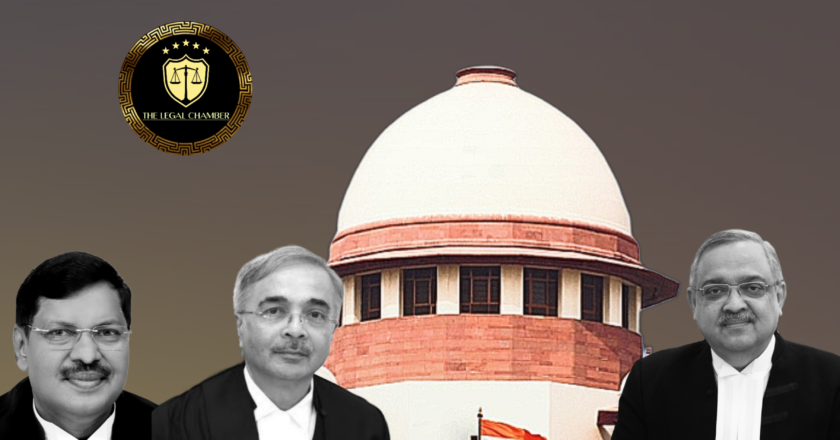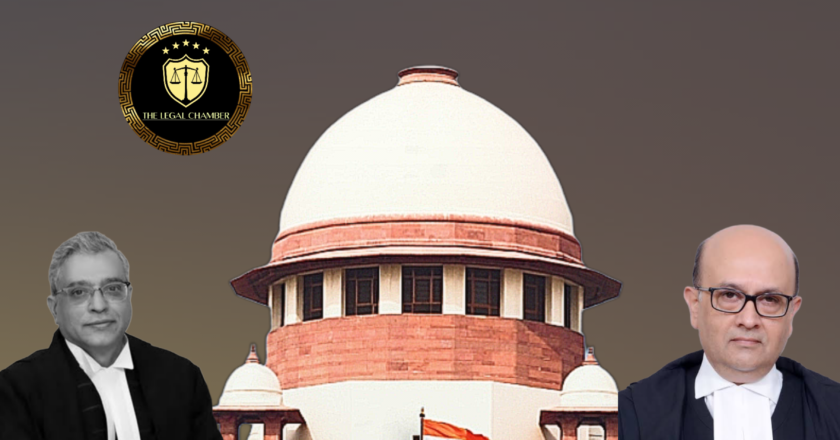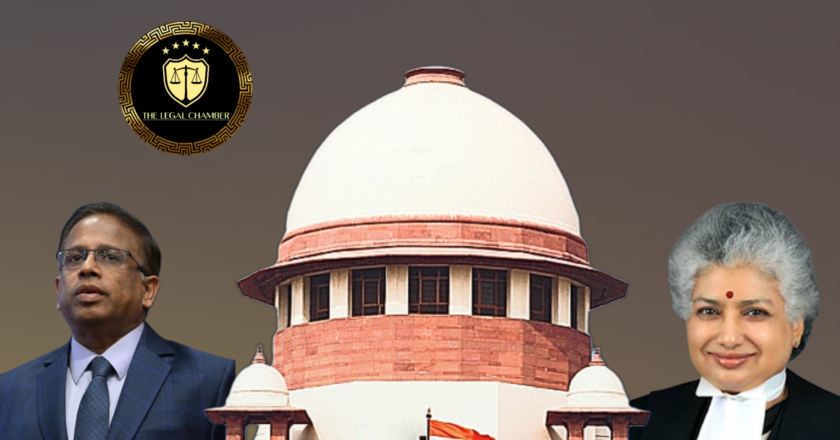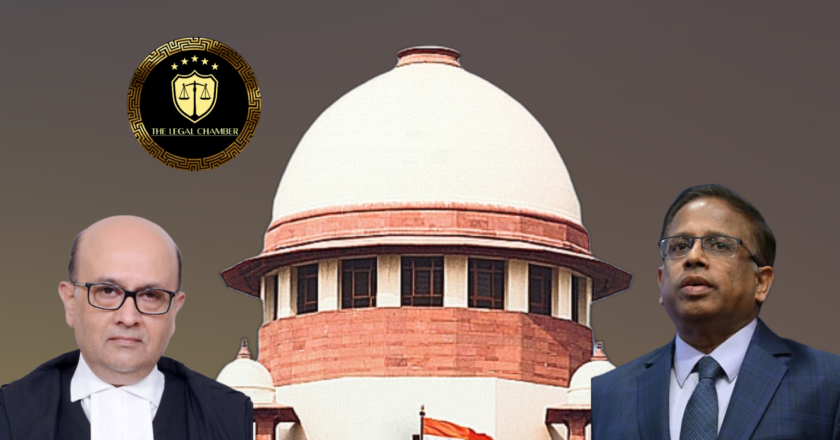Supreme Court Recalls Its Own Order Against a Judge, Upholds High Court Chief Justice’s Authority
The Supreme Court, while deleting specific administrative directions against a High Court judge upon the CJI's request, reaffirmed its supervisory jurisdiction under Article 136. It emphasized that persistent judicial errors raising institutional concerns compel the Court to intervene to protect the rule of law and maintain the judiciary's dignity and credibility.
Facts Of The Case:
The case originated from a Special Leave Petition filed by M/s Shikhar Chemicals challenging an order passed by the Allahabad High Court. The Supreme Court, in its order dated 4th August 2025, found the High Court's judgment to be erroneous. Consequently, it set aside the impugned order and remanded the matter back to the High Court for a fresh consideration on the merits. The apex court's directive i...

